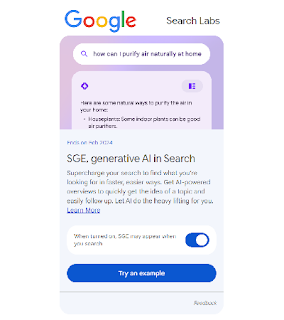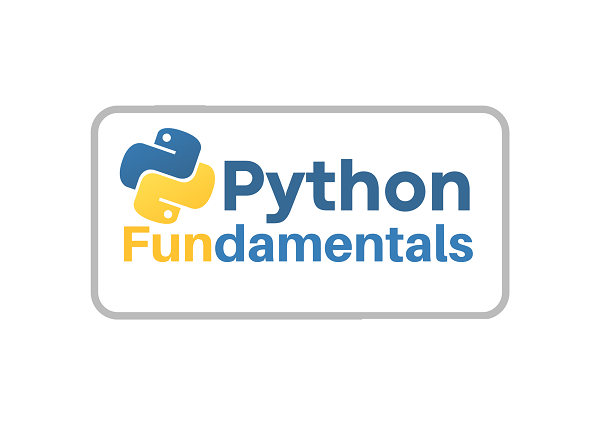Man vs. Machine: Who Will Win the Battle of Artificial Intelligence?
Artificial intelligence is changing the world as we know it, and many wonder who will emerge victorious in the battle between man and machine.
Artificial intelligence (AI) is rapidly developing and changing our world. But what does this mean for the future of humanity? Will AI eventually surpass human intelligence and take over the world? Or will humans be able to coexist with AI in a harmonious way? This blog post explores the potential benefits and dangers of AI and discusses how we can ensure that AI is used for good.
In the not-so-distant
future, artificial intelligence (AI) is poised to change our world in ways we
can only imagine. From self-driving cars to automated customer service, AI is
already beginning to impact our daily lives. But how might this impact the
future of humanity? Will AI eventually surpass human intelligence and take over
the world? Or will humans be able to coexist with AI in a harmonious way?
There are many different
opinions on this topic. Some people believe that AI is a threat to humanity and
that we should be careful not to develop it too far. Others believe that AI is
a tool that can be used for good or evil, and that it is up to us to decide how
we use it.
There are certainly some
potential dangers associated with AI. For example, if AI becomes too powerful,
it could potentially pose a threat to our safety or even our existence.
Additionally, AI could lead to job losses, as machines become capable of doing
many of the tasks that are currently done by humans.
Ultimately, the future of
AI is uncertain. It is up to us to decide how we develop and use this
technology. If we use AI wisely, it has the potential to make the world a
better place. However, if we use it unwisely, it could pose a serious threat to
humanity.
The History of AI
The history of AI can be
traced back to the mid-20th century, when computer scientists first began to
develop programs that could simulate human intelligence. Early AI systems were
based on rules and logic, and they were limited in their ability to learn from
experience.
In the 1980s, a new
approach to AI emerged – machine learning. Machine learning systems use
algorithms to analyze data and identify patterns, enabling them to improve
their performance over time. This led to the development of neural networks,
which are modeled after the human brain and can learn from vast amounts of
data.
The Current State of AI
Today, AI is used in a
wide range of applications, from natural language processing and image
recognition to autonomous vehicles and robotics. AI-powered chatbots and
virtual assistants have become commonplace, and AI is also being used to
develop new drugs and medical treatments.
Deep learning is among
the most notable advancements in the field of AI. Deep learning uses neural
networks with multiple layers to analyze complex data and make predictions.
This has led to breakthroughs in image and speech recognition, and deep
learning is now being used to develop self-driving cars and other autonomous
systems.
Some of the potential
benefits of AI:
- AI can help us to solve some of the world's most pressing problems. For example, AI could be used to develop new medical treatments, create new energy sources, and develop new ways to grow food.
- AI can make our liveseasier and more efficient. For example, AI could be used to automate tasks such as driving, cooking, and cleaning.
- AI can help us to learn and grow. For example, AI could be used to create personalized educational experiences and to provide us with access to vast amounts of information.
Some of the potential
dangers of AI:
- AI could become too powerful and pose a threat to our safety or even our existence.
- AI could lead to job losses, as machines become capable of doing many of the tasks that are currently done by humans.
- AI could be used to create new forms of warfare and to manipulate people's thoughts and emotions.
How can we ensure that AI
is used for good?
There are a number of things that we can do to ensure that AI is used for good.
First, we need to develop AI in a responsible way. This means ensuring that AI is aligned with human values and that it is used in a way that benefits all of humanity.
Second, we need to educate the public about AI. This will help people to understand the potential benefits and dangers of AI, and it will help them to make informed decisions about how AI is used.
Finally, we need to develop
international agreements that govern the development and use of AI. These
agreements should ensure that AI is used for peaceful purposes and that it does
not pose a threat to human rights or security.
The Ethics of AI
Another ethical concern
is the lack of transparency in AI decision-making. Deep learning algorithms are
often seen as "black boxes" – it can be difficult to understand how
they arrive at their decisions. This can make it difficult to hold AI systems
accountable when things go wrong.
The Future of AI
The future of AI is
uncertain, but one thing is clear – AI will continue to evolve and shape our
world. As AI becomes more advanced, it will become increasingly important to
address the ethical implications of its use. We need to ensure that AI is
developed in a way that benefits everyone, not just a select few.
So, who will win the
battle of artificial intelligence – man or machine? The answer is not
clear-cut. While machines may eventually surpass human intelligence in certain
areas, there will always be things that humans can do that machines cannot.
Ultimately, the best way forward is for humans and machines to work together,
leveraging each other's strengths to create a better future for all.
Conclusion
Ultimately, the battle of
artificial intelligence is not about man vs. machine, but about how we can work
together to create a better future for all. By leveraging the strengths of both
humans and machines, we can unlock the full potential of AI and create a world
that is smarter, safer, and more sustainable. However,
if we use AI unwisely, it could pose a serious threat to humanity.




Comments
Post a Comment